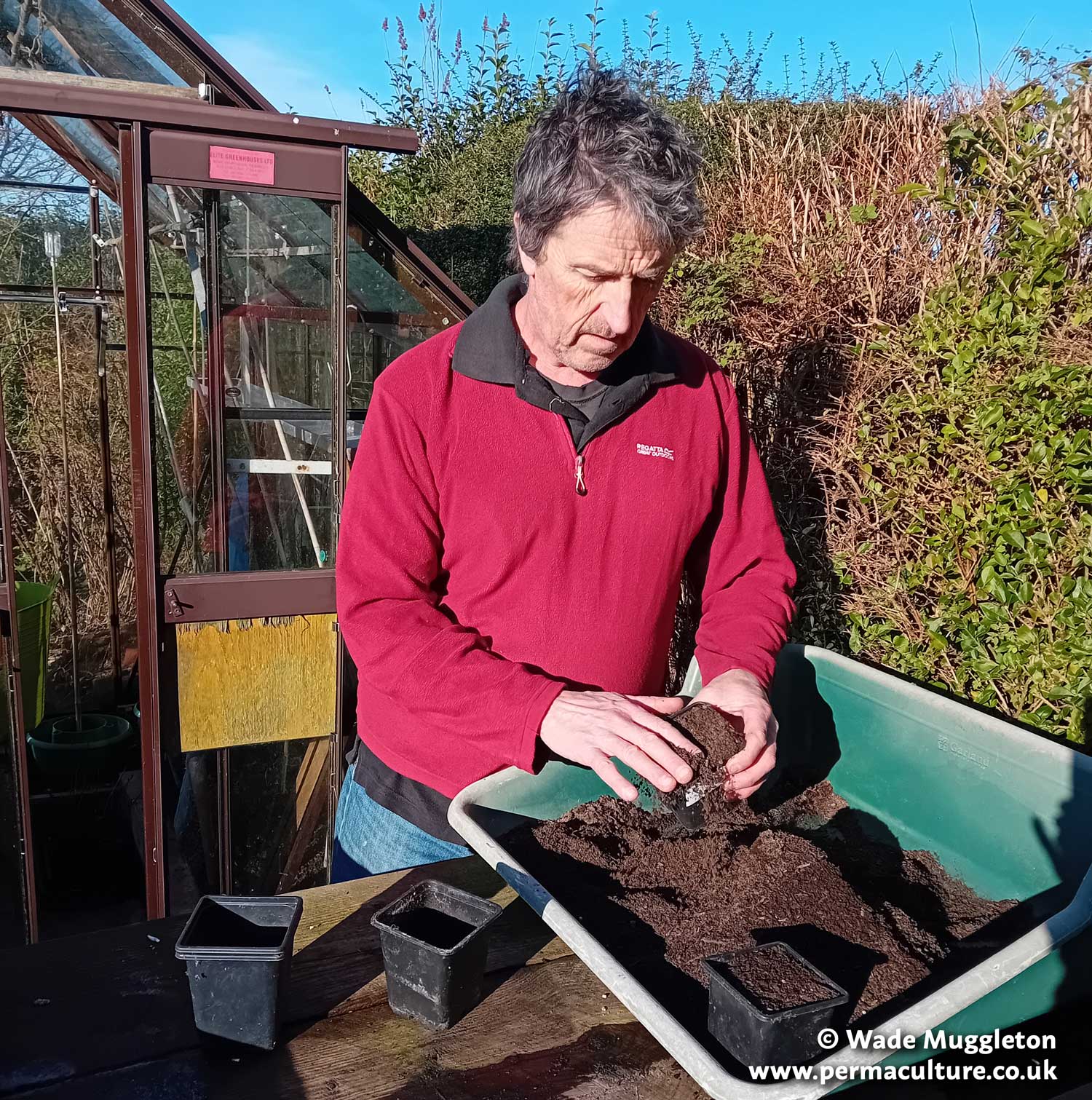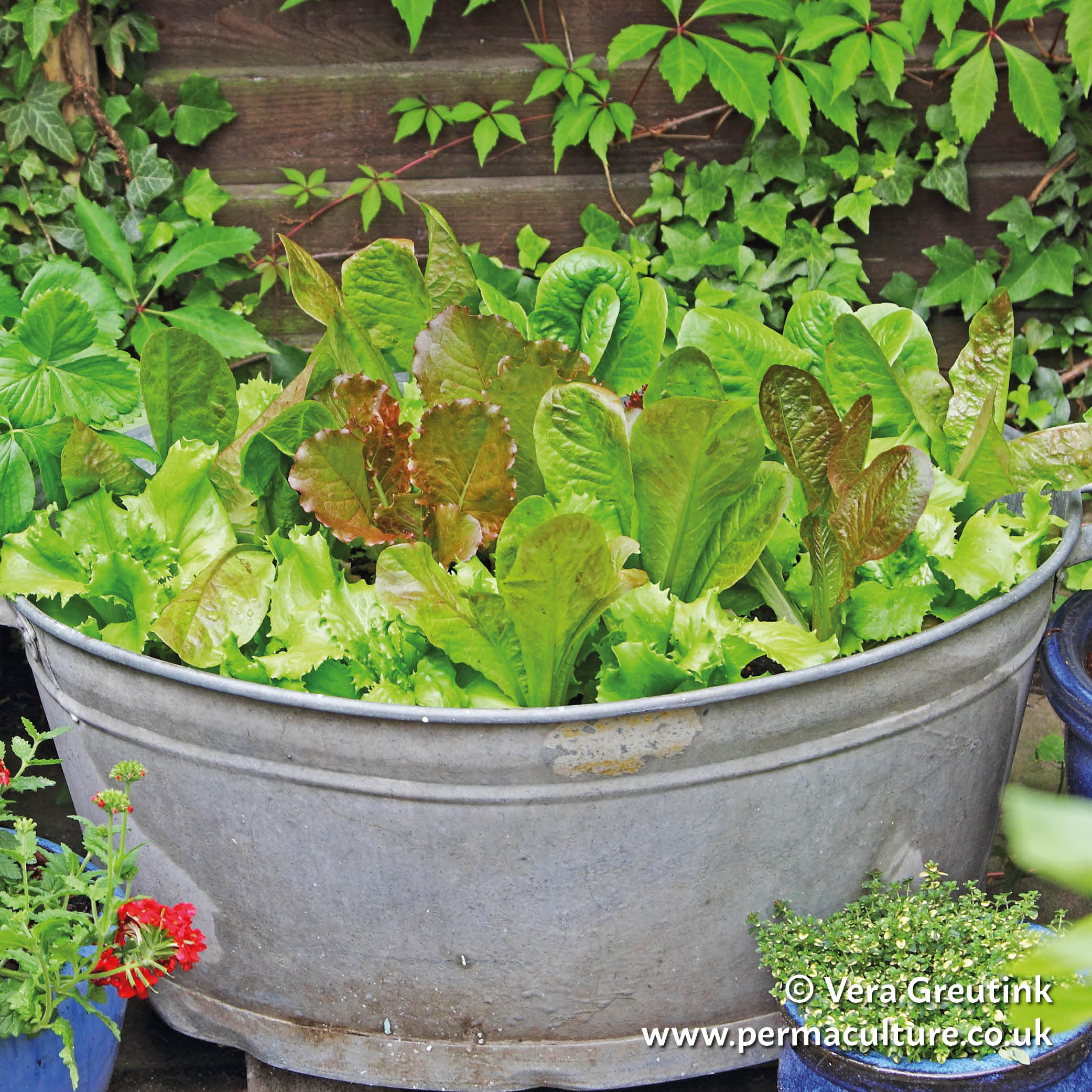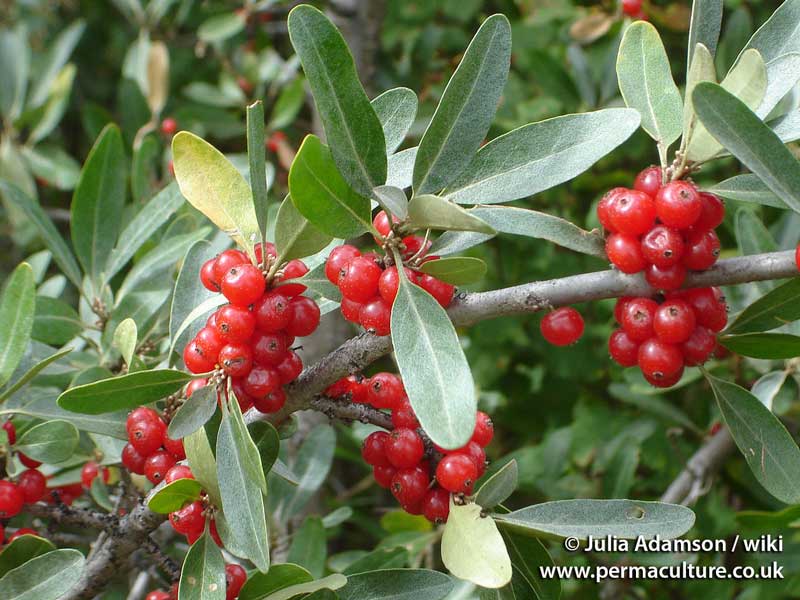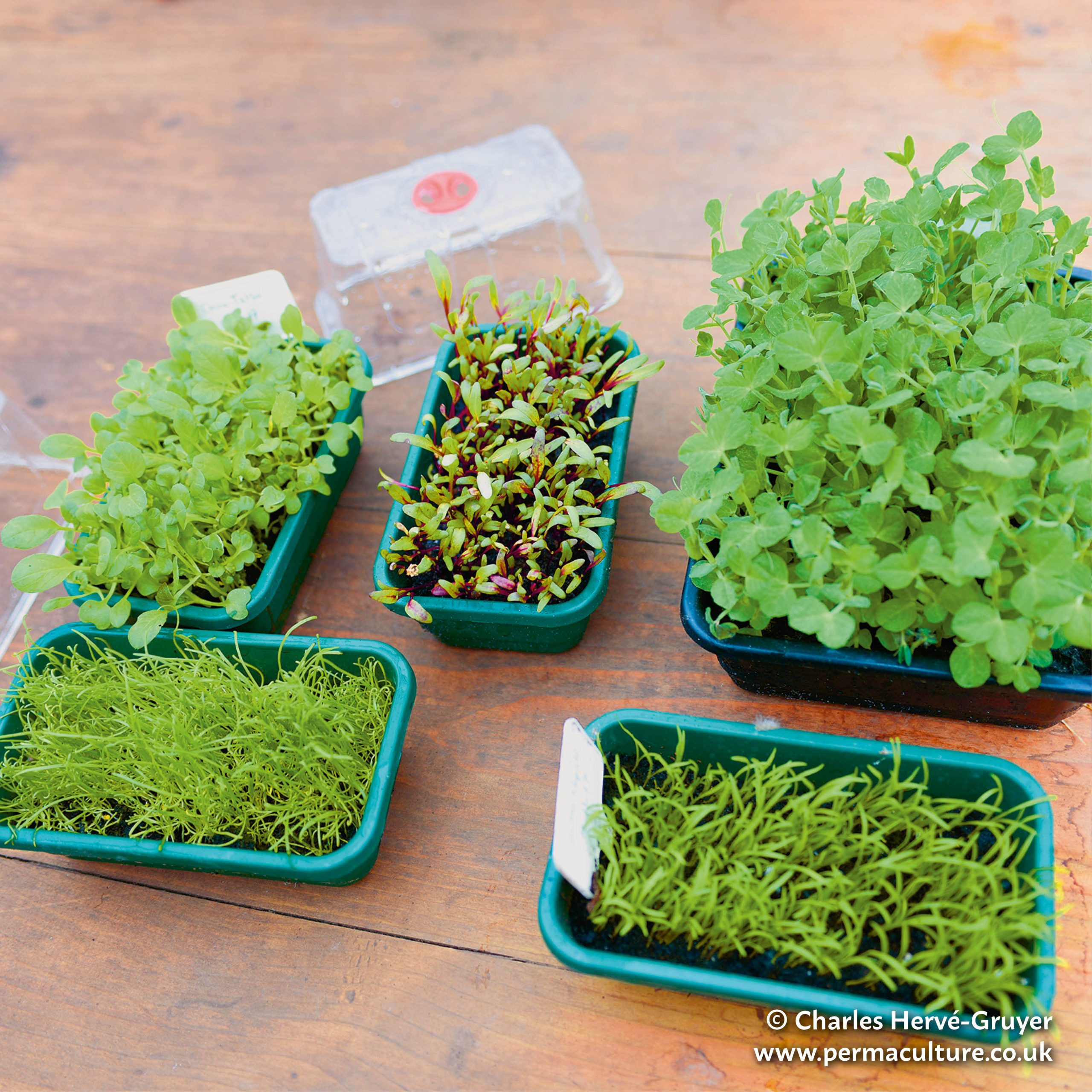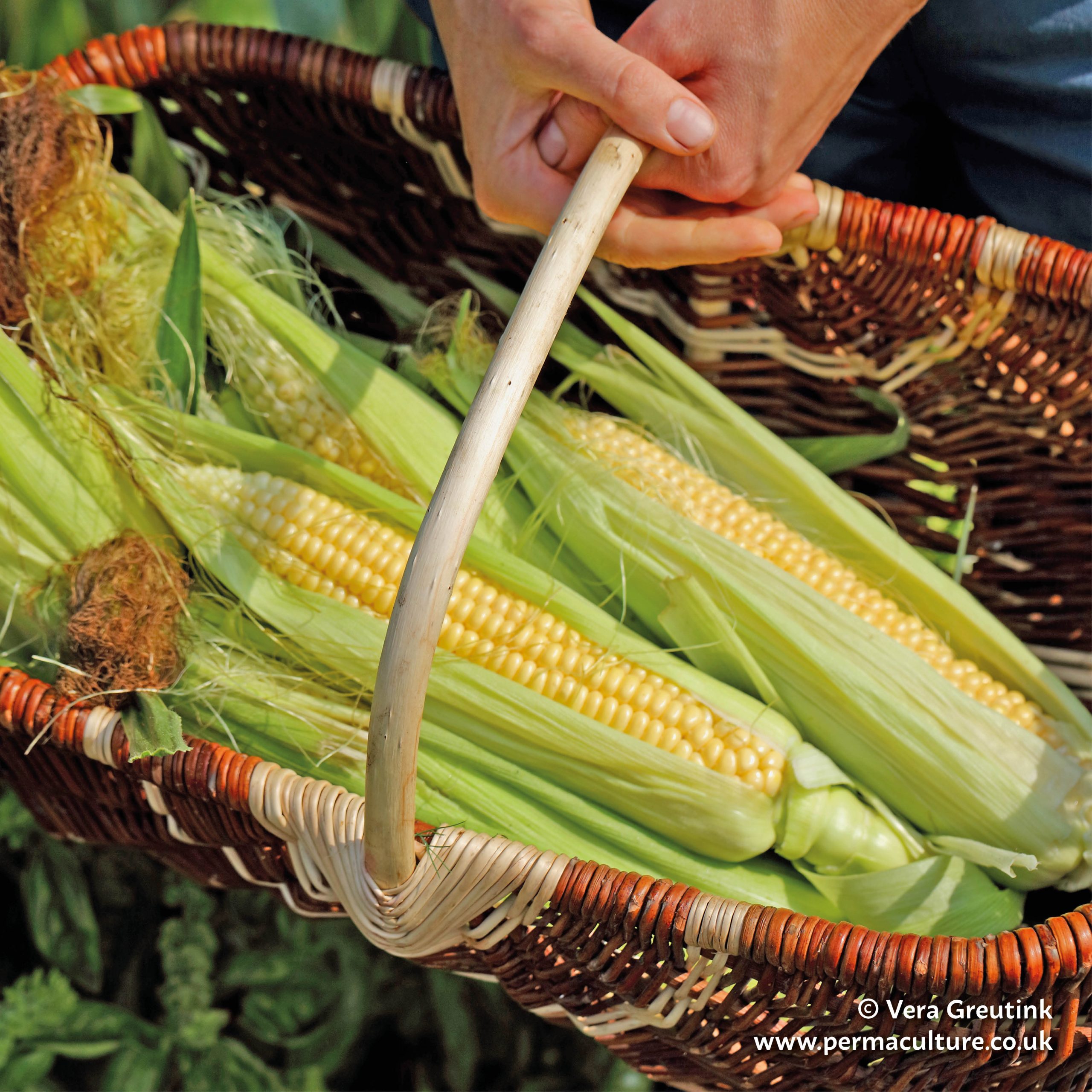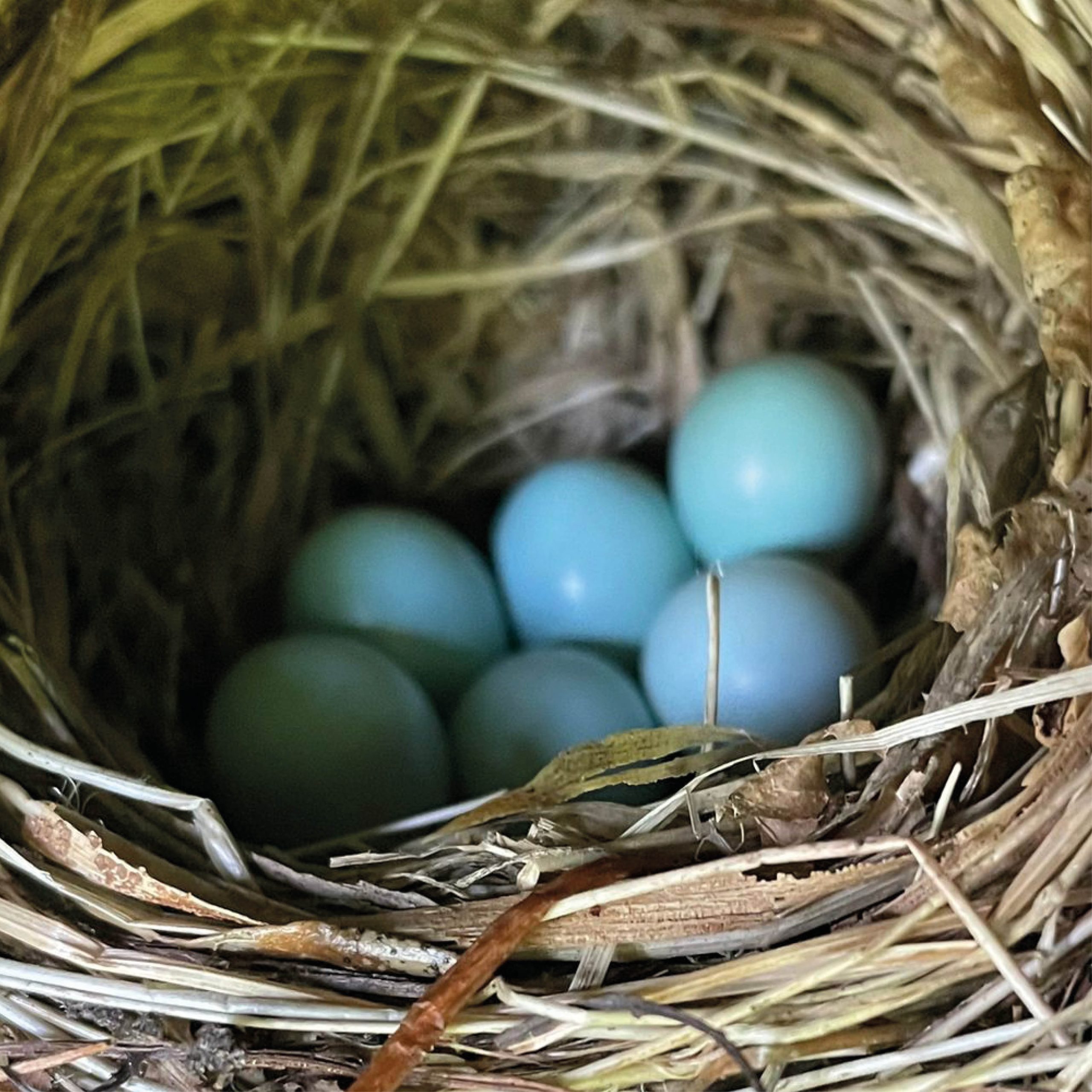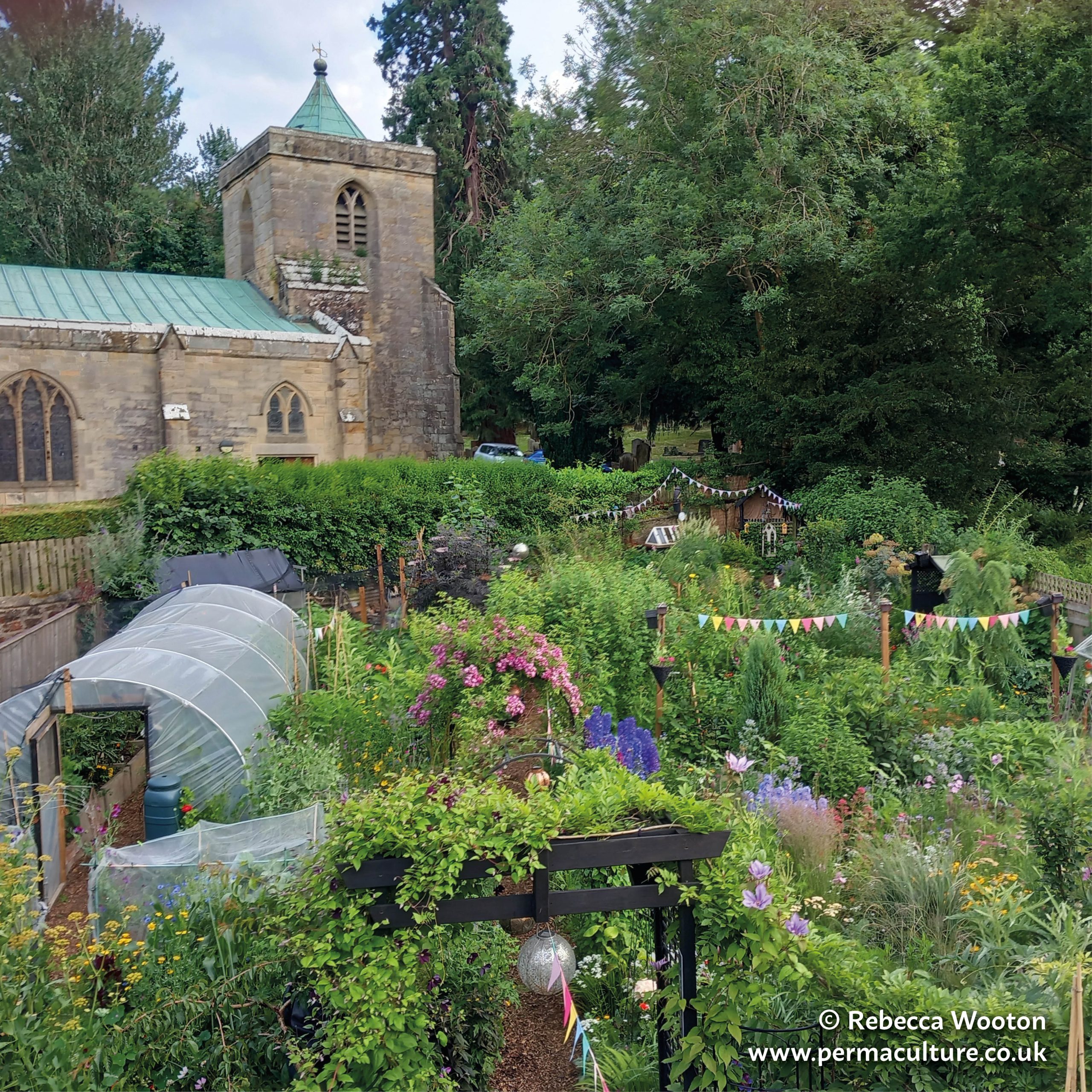Mangwende Orphan Care Trust (MOCT) is a non-profit grassroot organisation supporting communities in rural Zimbabwe. The country regularly endures severe economic and energy crises. Villagers mostly rely on subsistence farming. They are subject to reduced yields, unemployment and migration due to poor access to services and lack of connection to basic infrastructure. Most traditional (agricultural and cultural) knowledge is lost, with the exception of a few elders, who hold the key to transferring stewardship to the next generation, giving us hope that we can reverse the reliance on the dysfunctional first world’s commodities. The land suffers too, from intense deforestation, erosion, overgrazing, desertification and changing climate (long periods of droughts, erratic rainfall, flooding), though it still hosts a few indigenous plant species and so offers excellent grounds for restoration.
While generations of local chiefs in Marembo (including MOCT founders) succeeded in reuniting 20 neighbouring villages, it was only during the last decade that the Mangwende family actively encouraged regular workshops for the community to learn sustainable dryland farming techniques (such as zai pits). From then, and after securing 18 hectare of land, MOCT was officially established, originally as an orphanage, before shifting to a permaculture centre and ecovillage. In consultation with the local community and in collaboration with Gaia Education, the initial expectations were voiced and guidance was offered for a long-term plan. The mission was to showcase a viable and replicable model so the impact would spread to the whole Mrewa district (336 villages) acting as a weaver for a regenerative culture, thus inspiring the transition towards a peaceful, responsible and sustainable lifestyle while preventing environmental degradation.
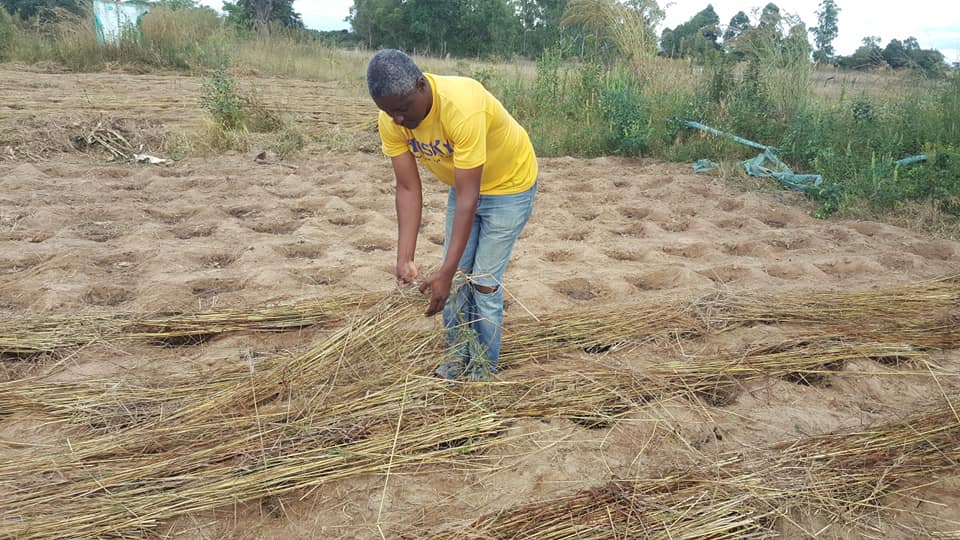
Through demonstration, peer to peer training and celebratory gathering, the leaders of MOCT wished to develop a community based management of resources because they see permaculture as a tool for uplifting communities. Most activities are centred around the provision of care and empowerment of the vulnerable members (primarily orphans, widows and youth). Everyone, with no exclusion, is encouraged to participate and gain understanding, skills and a sense of identity and purpose through bonding, working together and helping one another. This way, permaculture design, holistic management and social solidarity empower all members with the knowledge to take action towards economic, climatic and whole ecosystem resilience by regenerating their landscape.
Regeneration is integral to Mangwende’s vision of independence from external financial fluctuations and dreams of self-sufficiency. This can only be achieved by restoring the natural cycles and respecting both traditional culture and Nature. Education and permaculture are therefore at the core of this design for the local Shona populations to step away from the desperate need for the scarce external aid, and to be part of the wider movement to care for planet Earth and its future generations. The focus is on qualitative rather than quantitative abundance, by supporting the development of nurture values (social, cultural, spiritual and living capitals) first locally and soon at a regional scale.
The three main lines of actions aim for resilience while contributing to the protection and regeneration of the natural environment: regenerative agriculture for village farmers and families; educational training for youth, adults and exchange with visitors; and an orphanage school with a food garden for local children. The creation of MOCT is anchored around the revival of the Zunde ReMambo culture, which is a traditional welfare system, based on social cohesion, and fair redistribution and sharing of the harvest amongst the community members.
Participation is voluntary and inclusive, everyone to its own ability cares for those in need (including non-human beings).
Since its foundation, especially after being shortlisted for the 2020 Permaculture Magazine Award, and despite drawbacks due to Covid restrictions, the benefits of the Mangwende Orphan Care Trust have been noticeable. Guided by permaculture, edible landscapes are taking over, including food forests, companion planting, living fences that also provide timber, composting, mulching and habitat for wildlife and soil microorganisms. This contributes to reducing forest logging, enhancing biodiversity and improving water infiltration. Permaculture also leads to the production of a higher yield on a smaller area by maximising all the available resources, as it replicates the natural diversity and interactions between organisms.
MOCT has also started a seed nursery which germinated into 10,000 trees this season, including Kenyan croton, avocado, mango, peach, guava, siringa and pawpaw, in addition to the vegetables. The majority of these are donated directly to the local community members and organisations. Plants and seeds are also offered to farmers together with training on tree planting, maintenance, seed bank, waste recycling and natural preservation, all of which was received with much joy, bringing the communities together at food events and other festivities. These first results laid the ground for increased enthusiasm to continue the project and people’s adherence to the values of working together and not against Nature.
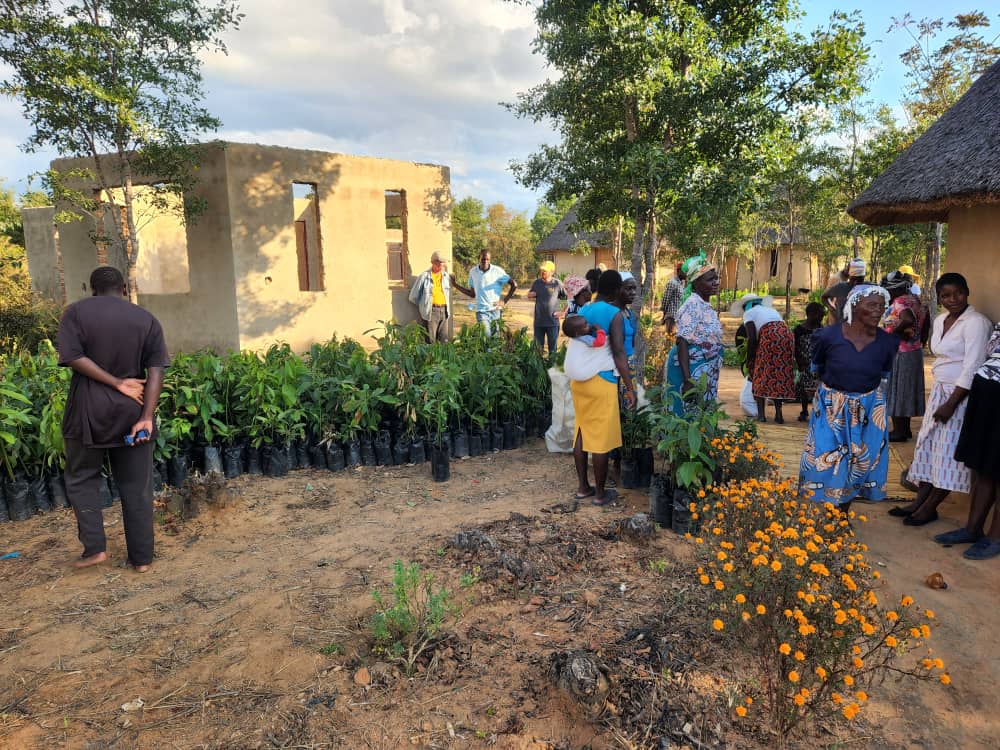
Building on this success and interest, a youth action group was initiated by some students, who, in partnership with both the Fambidzanai Permaculture Institute and the Harare Institute of Technology, are developing MOCT’s next strategy, renewable energy and cooking solutions. Other members attended workshops at the Africa Centre for Holistic Management for the future integration of animals on site. Further teaching will soon be given on the premises thanks to the partnership with PORET (Chimanimani) and grants from Lush Re-Fund and SEEDS (as well as continuous support from private individuals and volunteers). A new milestone is about to be met with the construction of a gazebo enabling an income stream as well as scaling up the permaculture education.
Indeed, and in spite of the current global crisis, progress is still ongoing . More traditional thatched huts for orphans and visitors are being erected. Buildings are made from local, natural and renewable materials as per the local tradition. Solar panels are replacing the diesel pump for the newly installed drip irrigation and water storage together with efficient ground cover to improve soil moisture retention, enabling better food security for the community. Mostly, awareness around rainwater harvesting and the implementation of a wild zone are increasing and an abundant harvest was achieved for the first time in a decade from the diverse crops, but also the fruit trees planted in previous years, allowing for sale of surplus.
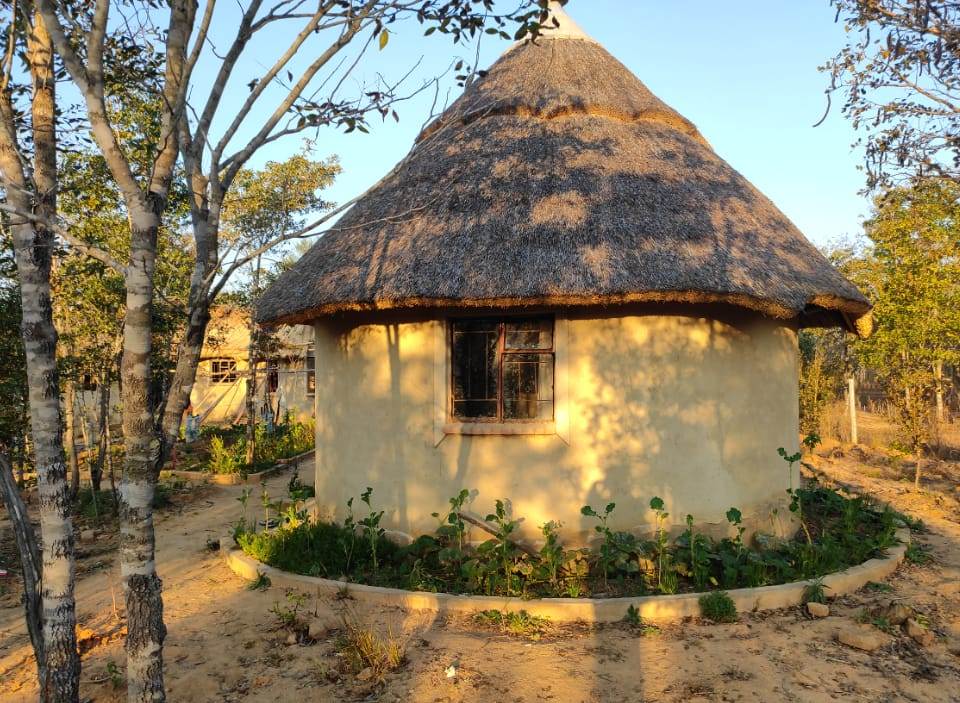
The Mangwende Orphan Care Trust has now been selected as runner-up for this year’s GEN Hildur Jackson Award program from which it hopes to further strengthen community engagement, networking and training skills. Recent connections with the Marondera Women Organisation, UFF Humana People To People and the Computergruppen Seniors without Borders will hopefully soon lead to providing access to internet on site so that MOCT’s rural community can share its experience.
Authors: Nadia Khuzayim, Viktoria Szilvas
Photo credits: Matthew Shoniwa, Evans and Tinei Mangwende
Mangwende Orphan Care Trust is a winner of the 2022 Permaculture Magazine Award. Read more HERE.
Global Climate Change Solutions: Hope and inspiration from around the world (2022)
£30,000 Permaculture Magazine Prize Celebrates Climate Change Solutions (2019)
Mangwende Orphan Care Trust (MOCT) is a non-profit grassroot organisation supporting communities in rural Zimbabwe.
